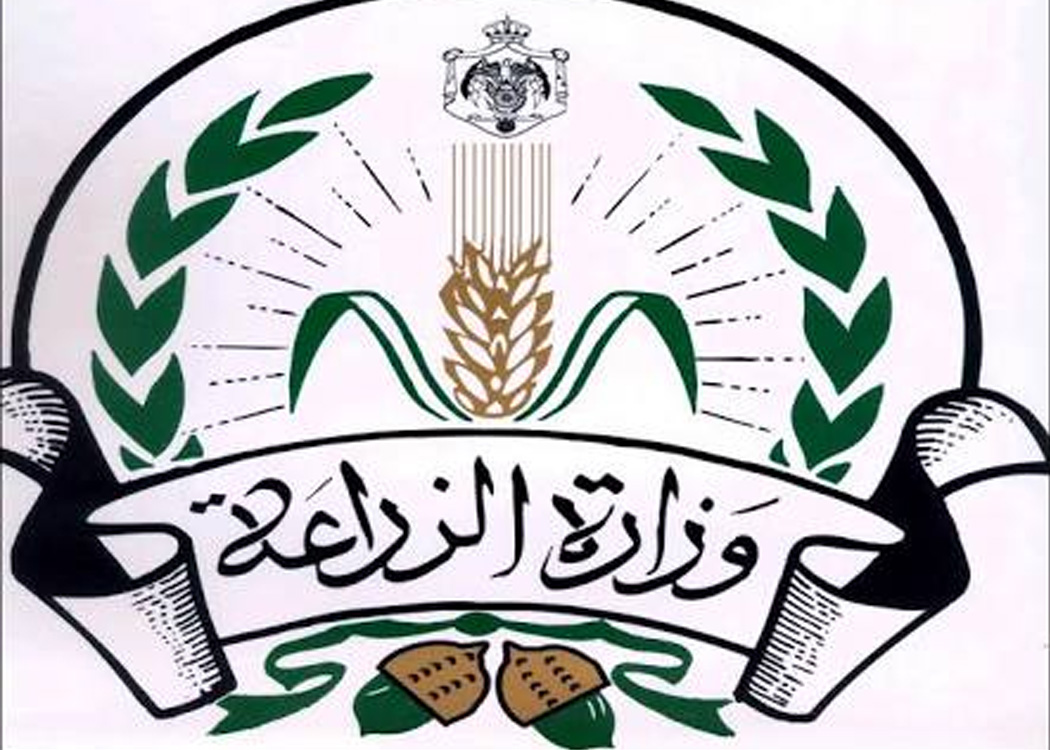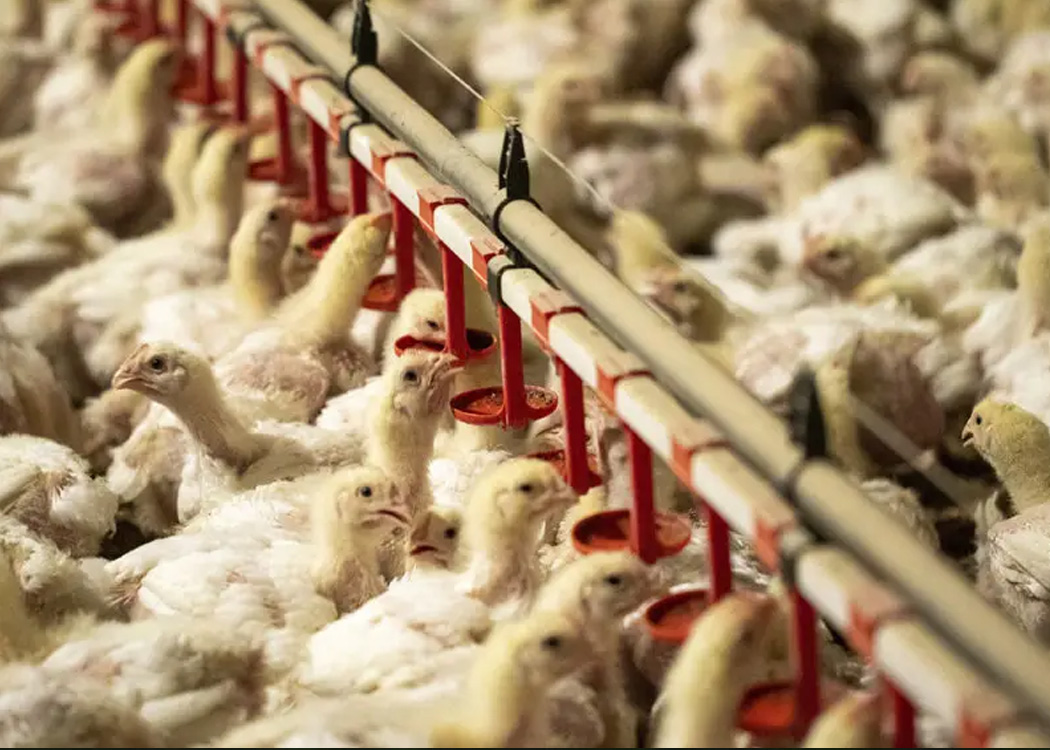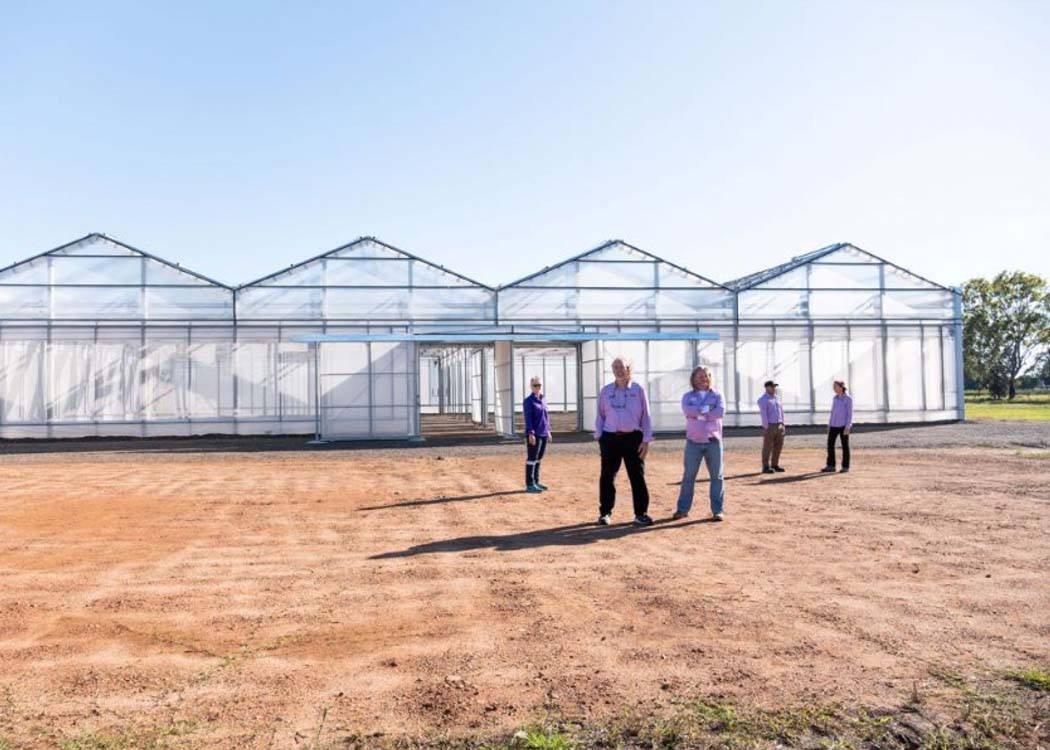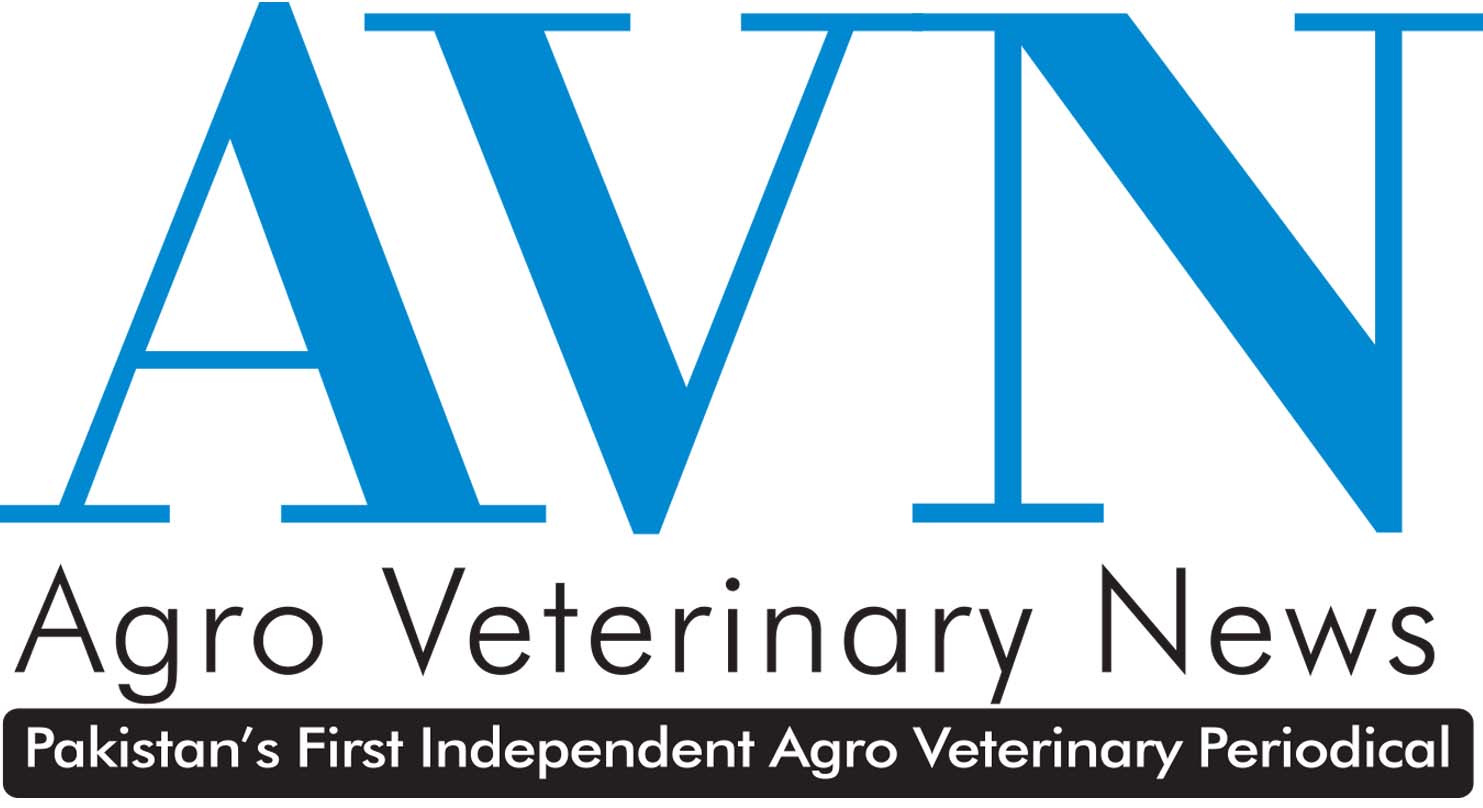CAIRO, EGYPT: Egypt’s poultry industry remains stable and free from disease outbreaks, according to an official statement released by the Ministry of Agriculture and Land Reclamation. The sector is under continuous surveillance by the General Authority for Veterinary Services and the Livestock and Poultry Development Sector, with officials confirming there are no mortality cases or vaccine shortages across the country.
Ongoing veterinary monitoring ensures poultry health
Dr. Hamed El-Aqnas, Head of the General Authority for Veterinary Services, highlighted that epidemiological surveillance is being conducted regularly by trained veterinary professionals. These teams conduct farm visits, advise poultry breeders, and provide critical technical assistance. All necessary poultry vaccines are readily available nationwide through the Veterinary Serum and Vaccine Research Institute and local veterinary units.
“There are no recorded cases of abnormal poultry mortality or disease outbreaks. Vaccine supplies remain stable and uninterrupted,” Dr. El-Aqnas stated. He also encouraged poultry breeders to promptly report any unusual signs to local veterinary offices or the Authority for immediate action.
Nationwide flock monitoring and real-time data collection
Dr. Tarek Suleiman, Head of the Livestock and Poultry Development Sector, emphasized the use of real-time data collection and farm-level monitoring in all 27 governorates. This comprehensive national strategy has significantly contributed to the resilience and sustainable growth of Egypt’s poultry sector.
According to Dr. Suleiman:
Egypt’s poultry industry now employs around 3.5 million people
Investment in the sector is estimated at EGP 200 billion
The country has reached self-sufficiency in poultry production
Export of surplus poultry products (such as broiler chicks, hatching eggs, and table eggs) is rising
Recognition by international health bodies
Egypt’s poultry sector has gained international recognition, particularly through the accreditation of isolated poultry farms that meet the standards of the World Organisation for Animal Health (WOAH). This status enables the export of Egyptian poultry products to international markets.
Focus on small-scale breeders and modernization
Notably, 80% of Egypt’s poultry production comes from small-scale breeders. The government is actively supporting these producers through financial aid, logistical backing, and technical training. Initiatives are also underway to modernize farm operations, transitioning from open to closed systems for enhanced biosecurity and productivity.
Industry reassurances on safety and performance
Mahmoud El-Anany, Chairman of the General Union of Poultry Producers, echoed government statements, confirming that poultry mortality rates remain well below 4%, and that no epidemics have been detected. He added that strong demand for Egyptian poultry exports further reflects global confidence in the country’s poultry health standards.
Conclusion
Egypt’s poultry sector continues to demonstrate stability, biosecurity, and growth—strengthening its position as a key player in regional and international poultry trade. With comprehensive surveillance, strategic government support, and robust vaccine availability, the country stands as a model for effective livestock management and disease prevention.






